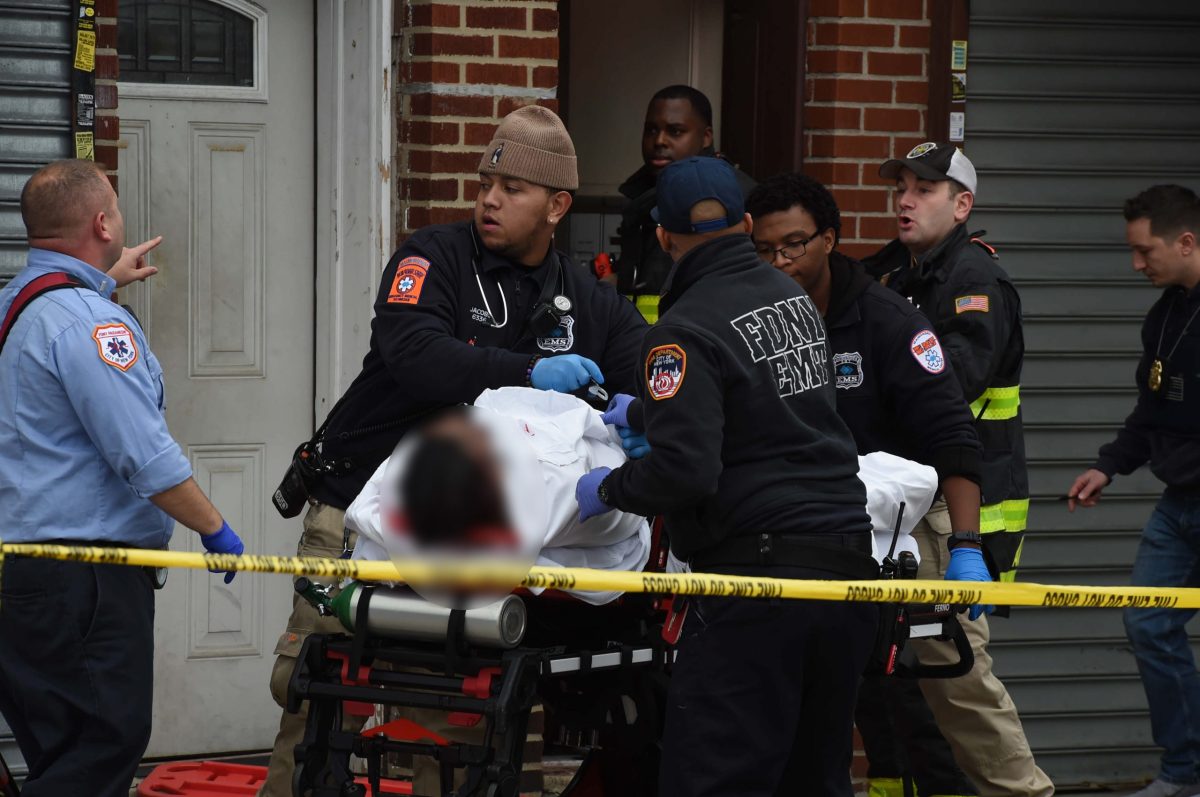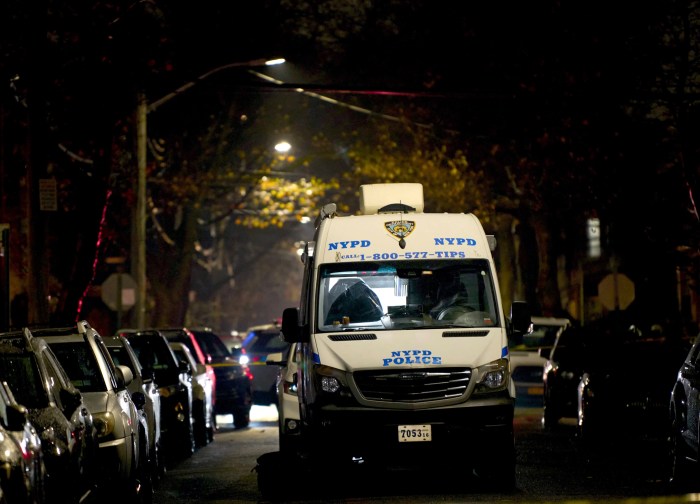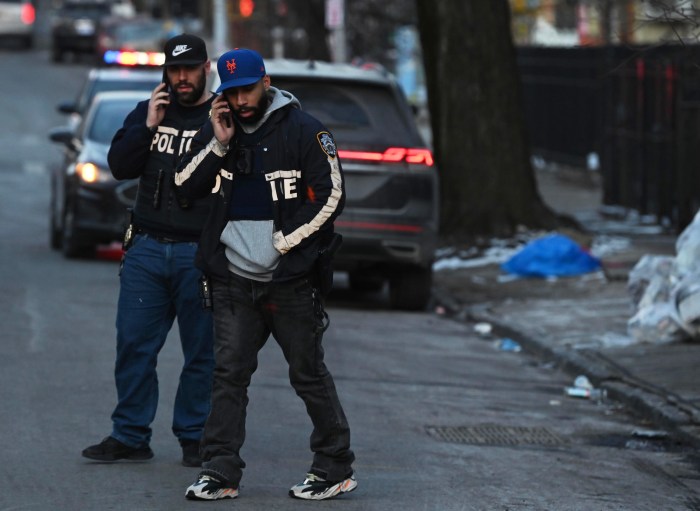The Fire Department’s Emergency Medical Technicians (EMTs) responded to more than 1.5 million medical emergencies last year, saving countless lives in the process.
But many of these first responders — who endure high stress in a job where mere seconds may mean the difference between life and death — barely have anything left to save once they get their paychecks, according to unions representing them.
City Hall and the EMT unions — including FDNY EMS Local 2507, EMS Superior Officers Association of the FDNY and DC 37 Local 3621 — began negotiations Tuesday on a new collective bargaining agreement.
The unions hope the de Blasio Administration will give a significant boost to the entry-level salary for an EMT, which is just above the minimum wage — $33,320 annually, or about $16 per hour. New York City’s hourly minimum wage is $15.
A Mayor’s office representative, however, told amNewYork Metro that the actual entry-level annual salary for an EMT is $35,254 — which comes out to close to $17 per hour.
The EMT entry level salary is far below that of a rookie New York City police officer or firefighter, which starts at $45,000 a year. Cops and firefighters can expect their salaries to more than double after five years on the job; the EMT unions claim no such guarantee exist for their lifesavers.
Many EMTs are barely making ends meet on their salary and are leaving the force for greater financial opportunities, according to the unions. As a result, the EMT staff lacks long-term experience; an estimated 65% of the force has been on the job less than three years, and 75% of them have been an EMT for less than five years.
“We have wonderful recruits who come here to start their medical careers and simply cannot afford to stay,” said Oren Barzilay, president of FDNY EMS Local 2507. “They cannot afford the rent, taxes, cost of commuting on the lowest wage scale imaginable in the entire medical industry.”
As crucial as a quick response is to saving lives, Barzilay stressed that an EMT force with greater experience is critical toward keeping seriously injured New Yorkers alive.
“When it is your loved one unable to breath and requiring medical care now, most people would choose a paramedic or EMT with years of experience, not someone just out of the training academy,” he added. “New York City leaders must put an end to this horrible brain drain that is clearly dangerous to human life.”
Last year, according to Fire Department statistics, its EMS units responded to a record 1,531,870 medical calls citywide — an average of 4,196 jobs per day. More than a third of these were life-threatening situations such as cardiac arrest, choking or loss of consciousness.
Laura Feyer, deputy press secretary for the Mayor’s office, told amNewYork Metro that “no administration has done more to bring workers to the table.”
Administration representatives countered that the EMS pay “is competitive with salaries” in the private sector. With overtime, an FDNY EMT with five years experience earns an average annual salary of $54,214, which is about $2,000 higher than a private EMT. The current wage scale for FDNY EMTs and paramedics were agreed upon in the previous contract.
The administration also claims that salaries and benefits for FDNY EMTs and paramedics are also better than their private sector counterparts.
“The work of our Emergency MedicalServices professionals is crucial to the safety of New Yorkers, and we are proud of all that they do,” Feyer said. “As we have in the past, we will work with the union to reach a deal that is fair for both their members and New York City taxpayers.”






































